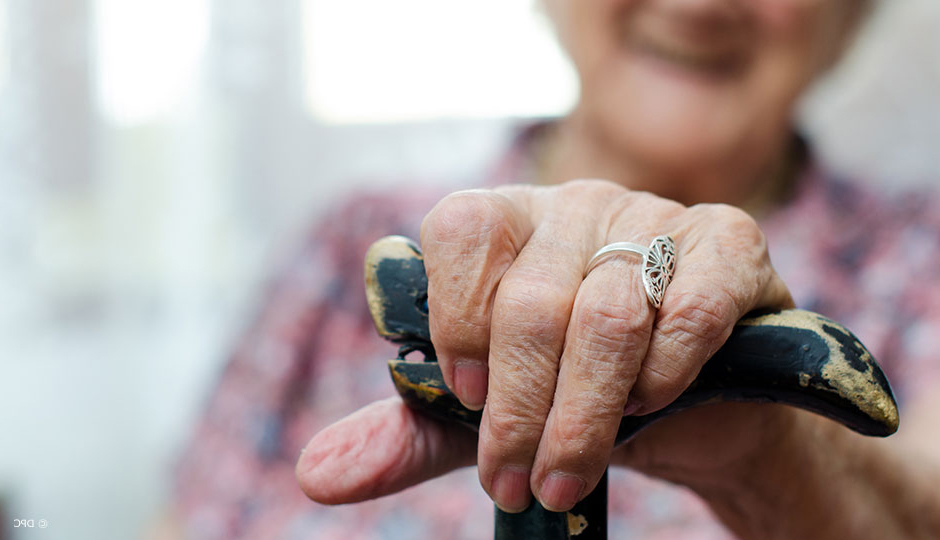Surveillance cameras are unpopular with seniors facing a loss of autonomy. This is not surprising, as these systems record them and transmit their images to caregivers 24 hours a day. But who said that a loss of autonomy had to mean a loss of privacy?
Tayeb Medjeldi, the director of C2T3, the Cégep de Trois-Rivières-affiliated college center for the transfer of telecommunications technology, would like to see seniors' homes equipped with a new generation of discreet, intelligent video cameras. These wireless devices are designed to detect situations that require immediate attention: a fall, convulsions, a coughing fit or a sudden rise in body temperature indicating infection.
The camera is programmed to detect a fall through the analysis of an individual's stature and movements.
In collaboration with the Centre d'innovation en microélectronique du Québec, a college technology transfer centre affiliated with Collège Lionel-Groulx, the scientist has developed a prototype intelligent surveillance camera equipped with processors, high performance image sensors and an infrared thermal detector system. The camera is programmed to detect a fall through the analysis of an individual's stature and movements, and to "diagnose" the onset of a fever by constantly monitoring physical temperature data recorded by the infrared sensors.
The camera records continually, but only emits an alarm – in the form of sound, by E-mail or telephone – in the event of an emergency. The nursing staff only watch the video when an alert is received, preserving the patients' privacy while ensuring their safety. Given the potential impact of this technological tool, Tayeb Medjeldi is hoping to convert his prototype into a marketable product in the near future.




